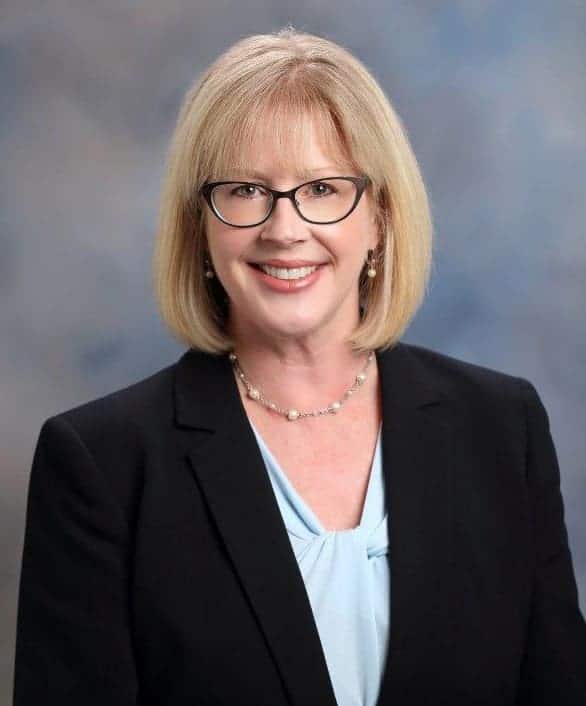Can I Be Held Responsible for My Spouse’s Debt in Divorce?
 When you repeated your vows to be with your spouse, “for richer or poorer,” most people hope for the former of those two options. In divorce, the couple must now divide the assets they accumulated throughout the marriage between them, but the part that is not quite as sexy is that the debts must also be divided. The division of assets and debts is notoriously one of the more contentious aspects of divorce. When a marriage ends, the two parties are usually not on as amicable terms as when they got married, or when they incurred the debts in question.
When you repeated your vows to be with your spouse, “for richer or poorer,” most people hope for the former of those two options. In divorce, the couple must now divide the assets they accumulated throughout the marriage between them, but the part that is not quite as sexy is that the debts must also be divided. The division of assets and debts is notoriously one of the more contentious aspects of divorce. When a marriage ends, the two parties are usually not on as amicable terms as when they got married, or when they incurred the debts in question.
How does Tennessee law address the division of marital debt in divorce?
In most cases, the responsibility of the debt acquired by the couple during the marriage is shared between both parties. During the divorce, the debts for which the couple is responsible can be divided equitably between them, but it is rarely ever as simple as that. There are other factors that will be considered when dividing marital debt including:
- For what purpose the debt was acquired
- Whether both parties incurred the debt, or an individual did
- Which party benefitted from the debt
- Which party has the financial ability to repay the debt now
The parties can come to an agreement about who will pay for debt obligations as part of the divorce agreement.
Can I be held responsible for my former spouse’s debts?
It depends on when the debt was incurred. For example, if you get divorce and your ex wracks up a series of bills post-divorce, you should not have to pay anything. However, if your name is still on any joint debts (and by all means, it should not be), then you could be on the hook for payments.
For example, say you co-signed on a car with your former spouse. If you get divorced, but your name is still on that loan, creditors could come after you if your ex defaults on the payments. The creditors do not really care about the agreement your former spouse made with you to repay the debt. They just want their money. You may end up back in court to resolve the issue, if it could not be resolved the first time.
What can I do to protect myself?
First and foremost, make sure that your ex-spouse’s name is not associated with any of your debts, and that your name is not associated with any of his or hers. Even the most amicable break-ups can quickly turn sour in the event of a financial crisis.
Secondly, make sure to pay whatever debt you have as soon as you can. We know this may be easier said than done, but if you are awarded money or assets in the divorce, and you can pay off any loans or cards, do so. You can always open a brand-new account afterwards, if need be.
Divorce disputes over the division of debt can become heated and contentious. No spouse wants to be left paying off the debt of a spouse who used that account to fly to Jamaica for a vacation. Your experienced Nashville divorce lawyer can help make sure that the debts are distributed justly in the divorce agreement.
Dealing with debt in a divorce can be a frustrating process. At Miller Upshaw Family Law, PLLC, we work to ensure that your assets and debts are divided in a way that is best for you. To work with one of our experienced Nashville divorce lawyers, please call 615-391-4200 or contact us to reserve an in-person or video consultation today.

Karla C. Miller has devoted her entire career to the practice of family law in Tennessee. She attended Auburn University and Nashville School of Law, and upon graduation in 1996, she opened her own law firm and has been assisting families throughout Tennessee since then. Learn more about Karla C. Miller here.
